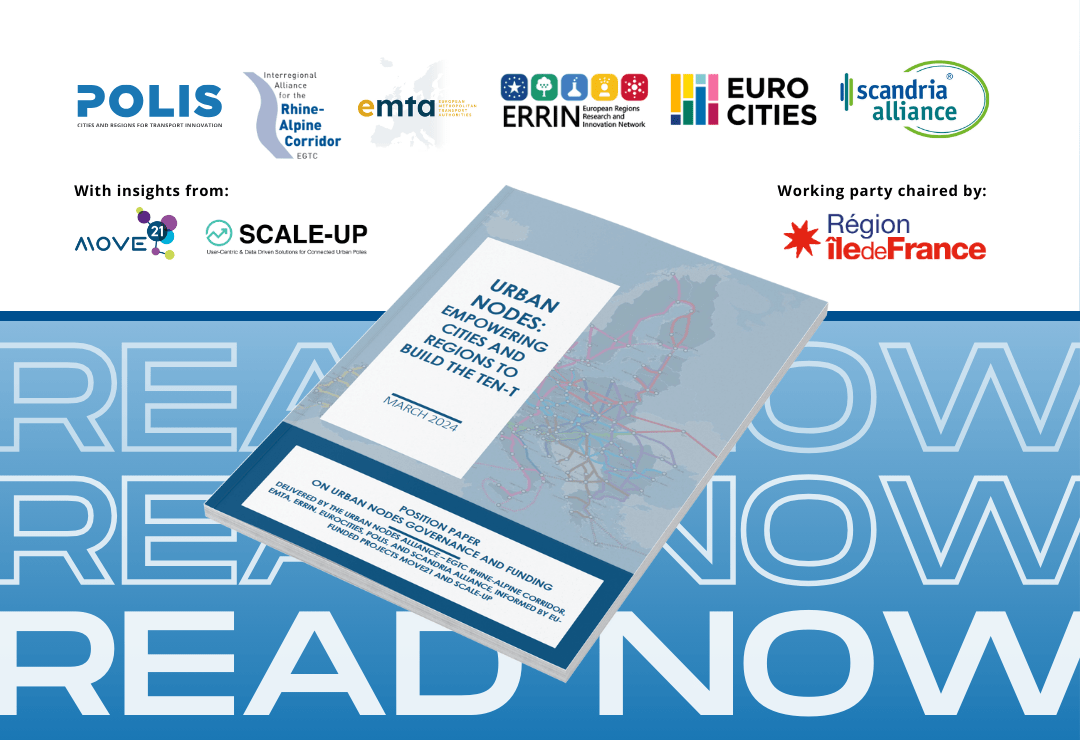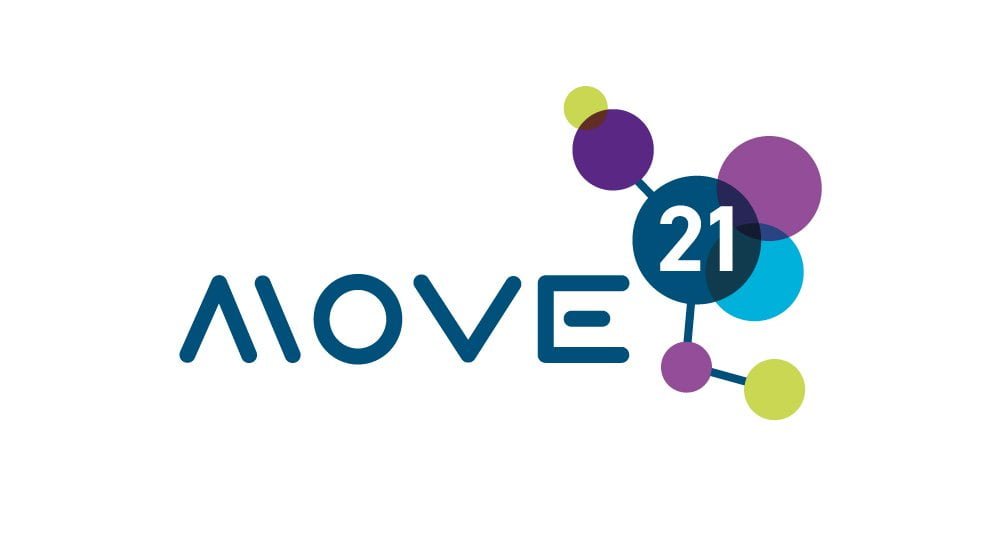Urban Nodes: Empowering cities and regions to build the TEN-T
At the start of the 2024 Connecting Europe Days, the Urban Nodes Alliance jointly published the position paper ‘Urban Nodes: Empowering cities and regions to build the TEN-T’. POLIS joins other leading networks, territorial groupings, and EU-funded research projects in calling for EU Member States to support urban nodes within the TEN-T.
Europeans have the right to barrier-free, safe, and sustainable movement of people and goods across the Union. The Trans-European Transport Network (TEN-T) is an important driver for needed change. With the 2023 agreement on the revision of the TEN-T Regulation, the EU has outlined a comprehensive strategy to enhance the connectivity and sustainability of transport across Europe, recognising the local level as an essential contributor to the performance of the network.
Moving forward, urban nodes will play a pivotal role in the TEN-T framework, serving as a crossroads between transport networks operating at different levels. Through strategic partnerships and collaborative initiatives, urban nodes act as focal points for investment in projects that improve infrastructure, promote innovation, and mitigate the impacts of climate change.
Under the Urban Nodes Alliance, POLIS has joined forces with EGTC - Interregional Alliance for the Rhine-Alpine Corridor, EMTA, ERRIN, Eurocities, and Scandria Alliance to issue a joint position paper, titled 'Urban Nodes: Empowering cities and regions to build the TEN-T.'
This first recommendation from the Urban Nodes Alliance, released during the 2024 Connecting Europe Days integrates the expertise of each of the Alliance partners, as well as the EU-funded projects MOVE21 and SCALE-UP. In the report, we invite EU Member States (with the support of the EU and corridor coordinators, where needed) to foster a closer dialogue with local, regional, and transport authorities in order to establish appropriate governance structures for designated urban nodes.


